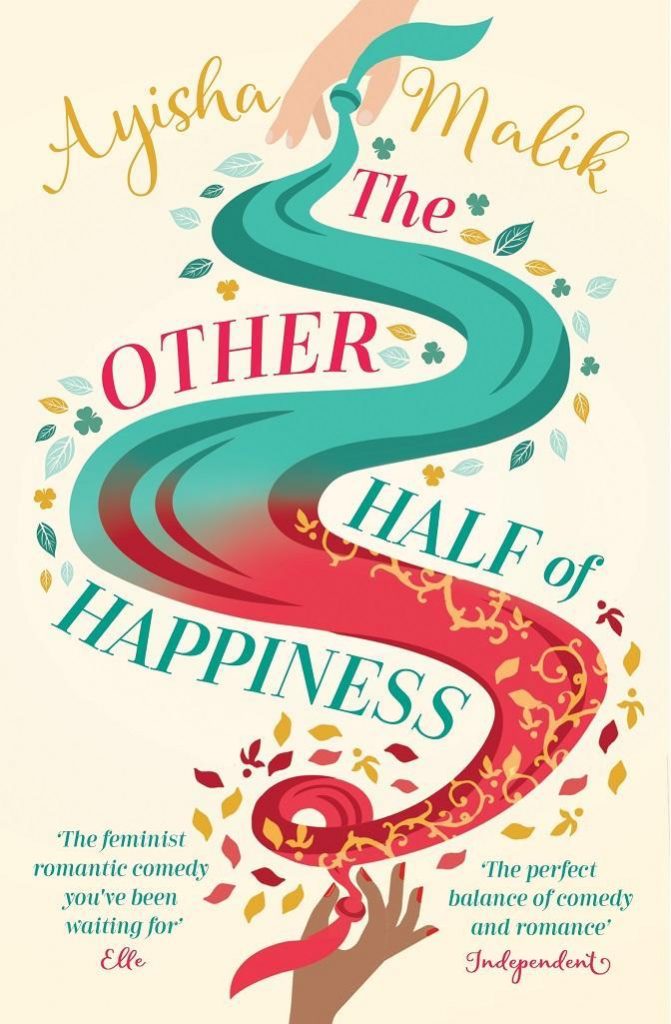
“You’re meant to just get married, then you’re meant to just be together. No-one ever mentioned that your wants and desires might not meld with your partner’s”.
In my review of Ayisha Malik’s first novel I said that the main thing to take away from it was that we, just like her protagonist Sofia Khan, are not obliged to conform to anyone else’s expectations.
That message still shines through in her second novel, but it is also coupled with the idea that we as individuals are not obliged to live up to the expectations (including our own) that come with major life milestones. In the case of Sofia Khan, it’s marriage.
Or rather what happens after marriage, namely those serious conversations that take place between a newly married couple such as “How will we live together?” or “How are we going to raise our children?”. Those types of conversations usually require complete honesty between both partners, and the novel explores what happens when that honesty isn’t front and centre.
Following Sofia’s marriage to Conall (which takes place in Pakistan while he’s filming a documentary without any heads up to her family), she enters a new realm with a whole new set of obstacles to face: a new book to write, emotional distance, questions of why one decides to convert to a religion, and the results of skeletons emerging from the closet. I won’t spoil it, but the plot twist in the story has a particularly large skeleton which sprints out from the closet at the worst possible time for our Sofia, threatening everything.
But one thing that is certainly not lost throughout the book is the humour, which Malik serves up by the platter. Between a hilarious clash of languages over dinner with the in-laws and razor sharp comebacks from Sofia’s mother, finding the funny in the everyday regardless of that day being good or bad is the novel’s biggest strength.
Another key strength of the novel is the progression of the supporting characters around Sofia, specifically her close-knit girl gang, her sister Maria, and her mother. In fact, it is Sofia’s mother who particularly shines due to the way Malik addresses a mother’s role and the conventions associated with it (for example, once you become a mother, does that mean you stop being an individual with your own wants and desires?)
Alongside this, the conversations between Sofia and her close circle offer a very poignant reflection of the turbulent climate we are currently facing in global politics. The novel is not trapped within a romantic bubble, but instead honestly reflects (through just the right amount of sarcasm) certain prejudices from Pakistani and non-Pakistani perspectives.
Politics aside, what struck a chord with me the most were the words “don’t waste your youth in mourning”, said to Sofia by her mother. Whether it’s the loss of a job, a friendship, or a relationship, there is a tendency for us to spend far too long looking back through the tunnel and lamenting rather than paying attention to what’s at the end.
I can only hope that Sofia Khan’s story hasn’t reached the end of the tunnel yet—that’s a hint for a third book please.
The Other Half Of Happiness will be published by Bonnier Zaffre on 6th April 2017.

Comments